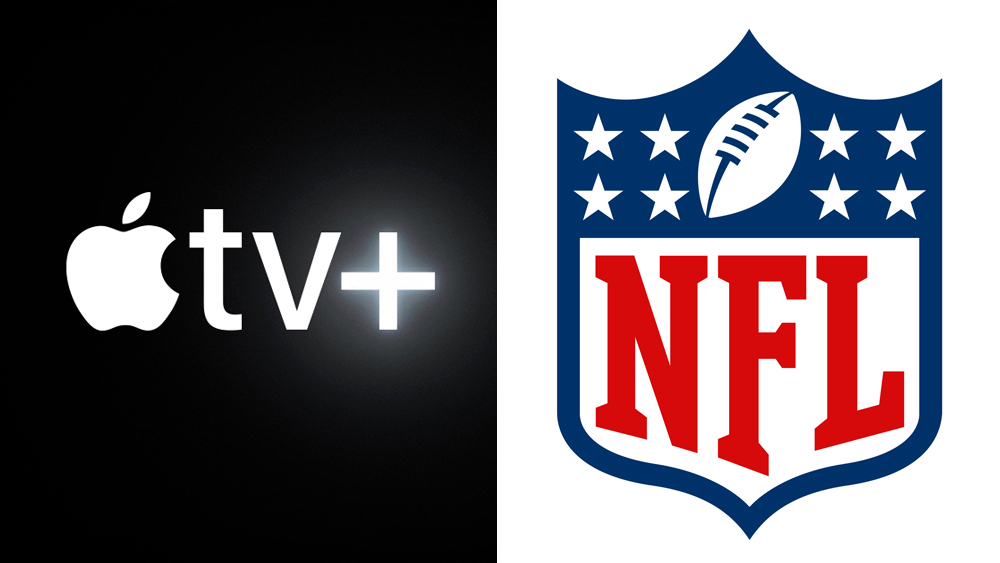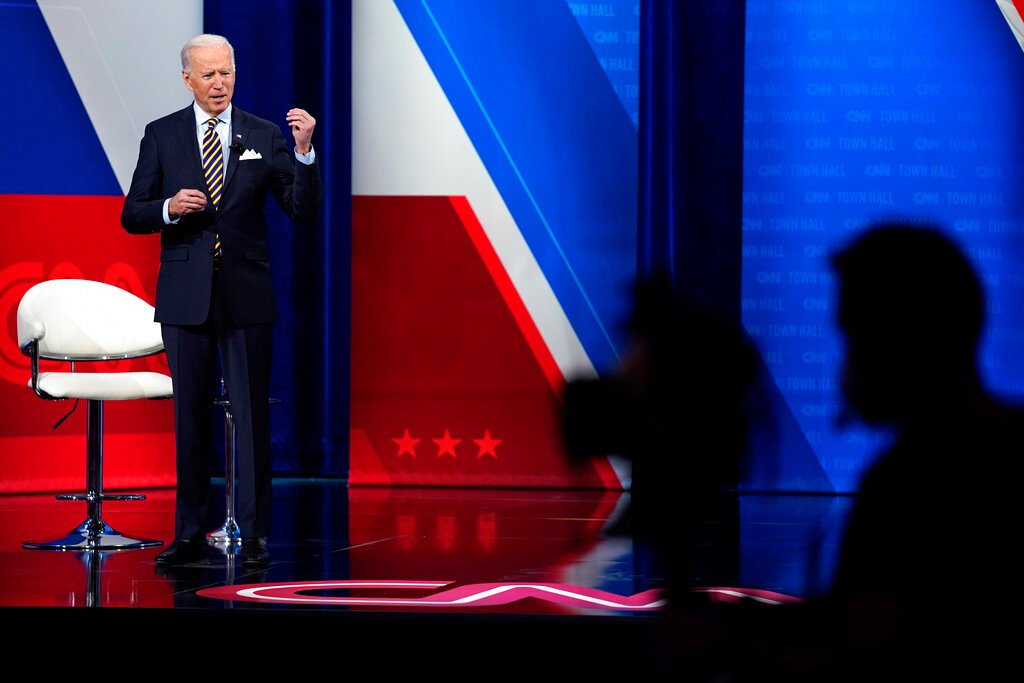Attorney General Meets With CNN, Other Media Outlets – Deadline

Representatives from CNN, The New York Times and The Washington Post met with Attorney General Merrick Garland on Monday to talk about new rules designed to limit prosecutors from subpoenaing journalists’ records in an effort to find their sources.
The meeting came after the three media outlets reported that some of their journalists had received notice that federal prosecutors had secretly obtained phone and email data starting during the Trump administration. The disclosure apparently was connected to leak investigations.
President Joe Biden has called such a practice “simply, simply wrong,” and the Justice Department subsequently announced a change in policy to no longer seek subpoenas to obtain such records during leak investigations. But the news outlets and the Reporters Committee for Freedom of the Press said that they had a series of unanswered questions as to how the seizure of records happened, and called for policy reforms to make sure that it didn’t happen again.
Related Story
CNN’s Christiane Amanpour Says She’s Been Diagnosed With Ovarian Cancer
In a statement, the Justice Department said that “the Attorney General and the media representatives agreed on the need for strong, durable rules.” The DOJ said that Garland committed to working with media organizations to draw up the new rules as regulation.
Among those attending the meeting were CNN’s Sam Feist and David Vigilante, The Washington Post’s Fred Ryan, Jay Kennedy and Sally Buzbee, and The New York Times’ A.G. Sulzberger, as well as Bruce Brown, executive director of the Reporters Committee.
Last week, Vigilante appeared on CNN to describe being put under a gag order for almost a year to prevent him from disclosing the DOJ’s pursuit of journalist Barbara Starr’s records. He was unable to inform Starr that the DOJ sought her email and other records.
On Monday, Starr wrote that she was “genuinely horrified” by what happened.
She wrote, “President Biden has said the seizing of reporters’ records will be stopped under his administration. But with all respect to him and his stated intentions, that is a promise of limited relevance. Unless new protections are codified, this could all happen again to any journalist. Secret proceedings, gag orders so CNN attorneys can’t speak to me, and eight reporters being swept up in investigations with no explanation — these are not part of a free press in the United States.”
She added, “All of the material finally given to the Justice Department on a judge’s orders involved communications over a two-month period in 2017. But it was not until 2020 that the Justice Department argued they needed to see my 2017 communications as what we believe was part of a national security leak investigation. We do not know why it took years for this to even unfold.”
; if (!f._fbq) f._fbq = n; n.push = n; n.loaded = !0; n.version = '2.0'; n.queue = []; t = b.createElement(e); t.async = !0; t.src = v; s = b.getElementsByTagName(e)[0]; s.parentNode.insertBefore(t, s) (window, document, 'script', 'https://connect.facebook.net/en_US/fbevents.js'); fbq('init', '422369225140645'); fbq('track', 'PageView');





